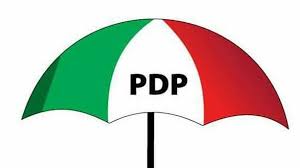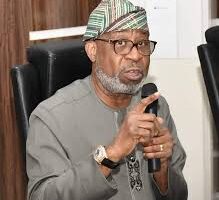The Independent Petroleum Marketers Association of Nigeria (IPMAN), has disclosed that the business of marketing petrol since the removal of subsidy is no longer profitable to its members, who are currently under serious pressure.
National President of the association, Elder Chinedu Okoronkwo stated this on Tuesday, before the House of Representatives Ad-hoc Committee investigating the recent hike in the pump price of petrol.
He disclosed that due to the mounting pressure on its members, not less than 40 marketers have put up their petrol stations for sale in Oyo State alone, while there have been similar reports of such moves by others across the country.
He said a truck load of the product, which could ordinarily be sold in an average of three days by its members now span through a month or more, stressing that a truck load is about N25 million, out of which marketers don’t make up to N500,000 profit, a development he explained put marketers under pressure as the profit is not enough to pay their staff.
He said his members’ predicaments have been worsened by the decision of the defunct Petroleum Equilisation Fund (PEF) and the Nigeria National Petroleum Corporation Limited (NNPCL) are collectively holding on to N750 billion equilisation owed marketers.
The Association said the best option at the moment was for the federal government to move towards the production and use Compressed Natural Gas (CNG) as an alternative to PMS.
Chairman of the Ad-hoc Committee, Hon. Babajimi Benson in his remarks said the Ad-hoc Committee was set up to investigate the circumstances surrounding the increase of the pump price from N537 to N617. “Petroleum is unarguably the lifeline of the Nigerian economy and any increase in its price will undoubtedly result in ripple effect on price of goods and services especially food stuff.
“Statistics show that Nigerians spend an average of 80% of their incomes on food alone. This is why we fear that this recent increase will further push Nigerians deeper below the poverty line”, he said.
ENDS




